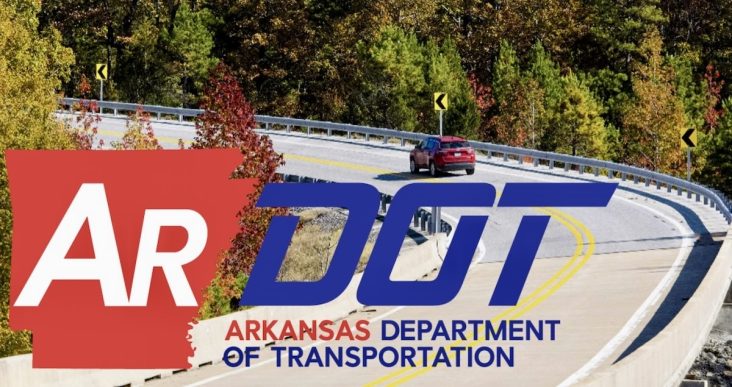ARDOT director reflects on 41 years with the state agency
by January 3, 2025 11:30 am 539 views

Arkansas Department of Transportation (ArDOT) Director Lorie Tudor retires Jan. 10, 2025, after 41 years with the agency. She started as a clerk typist, left to obtain an engineering degree, and later returned and rose through the ranks to serve the last four years as director.
She’s overseen the budgeting from funds provided by a highway bond issue, Issue 1, that voters approved in 2020. Tudor also navigated the department through the COVID-19 pandemic and the massive crack in the Interstate 40 Mississippi River bridge, which shut down that major corridor for weeks.
Tudor isn’t sure what she’s doing next, but she hopes it will involve some advocacy for transportation. In a recent interview, Tudor said funding would continue to be a challenge for highways. With electric and hybrid vehicle growth as well as inflation clipping how far a highway dollar can stretch, Arkansas’ road funding system will be hindered.
When asked about the growing needs of Northwest Arkansas, which is still seeing about 1,000 net new residents per month move to the region, Tudor said the “finite” pot of money from the highway department – which has to serve all areas of the state – will require new thinking because another tax increase for roads is unlikely in the near future.
“That area [NWA] is growing so fast — and we are putting a significant investment of state funds into that area — but we just can’t keep up. So we need to find ways to leverage those funds so that we can do the infrastructure improvements that are so vitally needed up there.

“For instance, the fourth leg of the Springdale bypass. We’re looking how can we fund that. And we’re looking at a partnership with Northwest Arkansas to fund that because we don’t have the room in our budget to completely fund that fourth leg. So we’re looking for innovative ways to leverage what funding we do have to make that Springdale bypass, that fourth leg a reality,” said Tudor.
She’s still not convinced that toll roads can be supported in the region, based on volume, but that could change. Tudor also suggested that taking on debt versus pay-as-you-go will require a new mode of thinking and likely changes to state law.
“Toll roads have been studied in Arkansas, and they have not found yet a place where they’re feasible. So I’m not sure toll roads are the answer, but they certainly are something we need to look further into, especially as the growth and the traffic volumes just continue to increase,” she said.
“As far as innovative financing methods, we’re a pay-as-you-go department. That’s by law; we’re not allowed to bond. We’re not allowed to borrow money without a vote of the people. Being pay-as-you-go and staying within our budget, there’s a lot of pride in that. But if we need to go into another era of possibly going out to the people for bonds or anything like that, anything in that financial realm remains to be seen,” she added.
